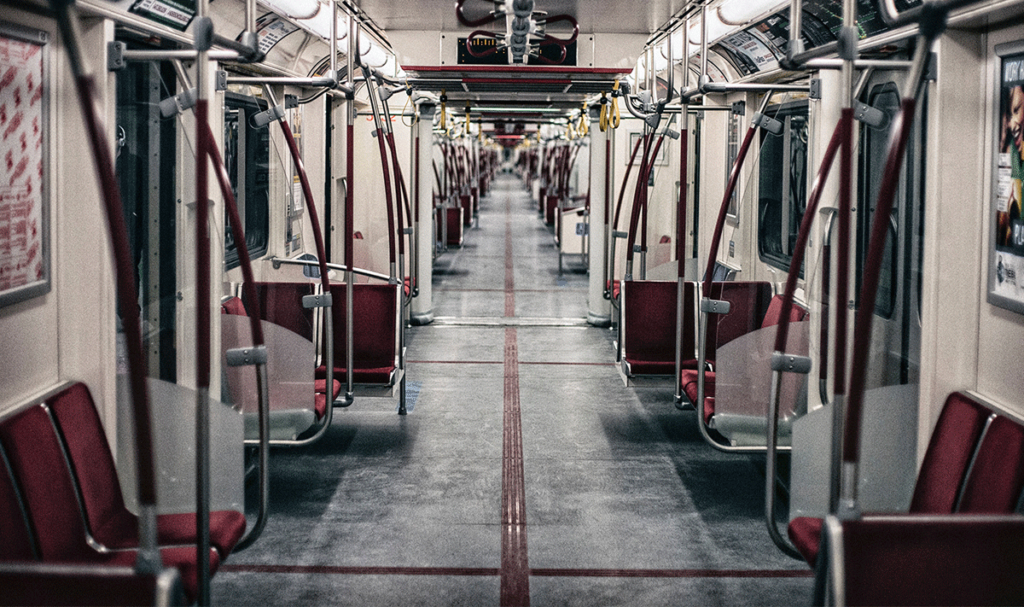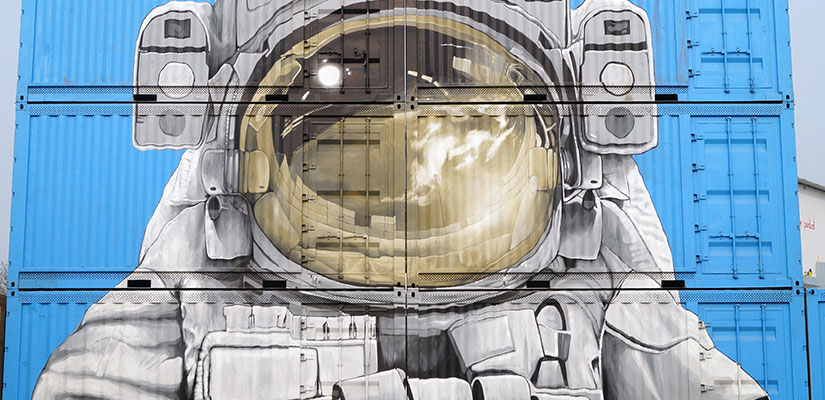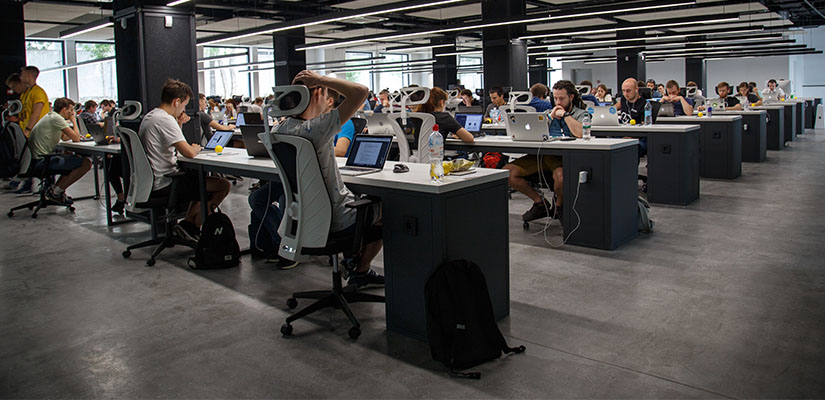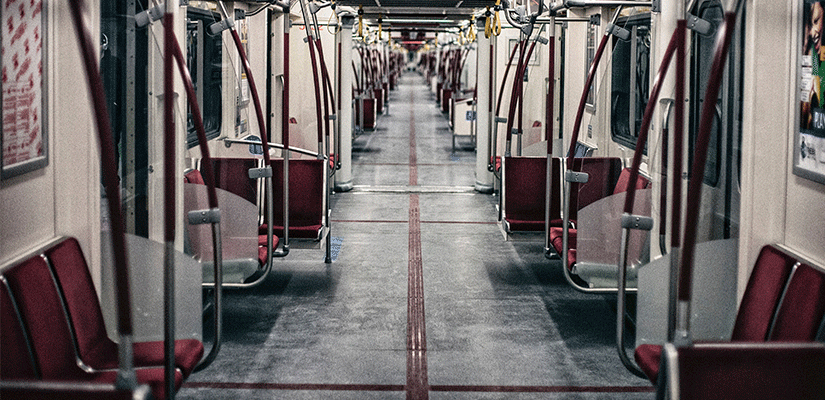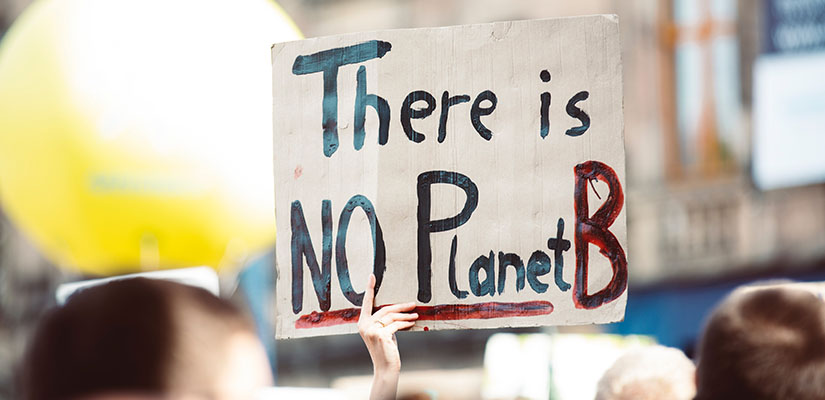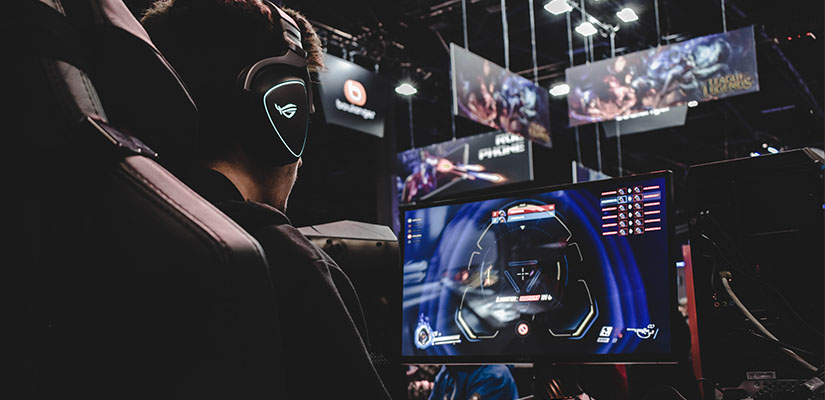
Persona 3: Vasil Ramadani
Government is behind + profit before purpose
In this scenario, the consequences of the gig economy are laid bare. Due to a lack of ridership revenue, infrastructure such as public transit collapses. Microwork enters industries such as education, health, and social services.
Note: Samakar is a fictitious organization. Samasource, a microwork platform designed for poverty reduction, is its inspiration. References are provided to support the plausibility of the scenario. There is no connection between Samasource and TWIG’s microtasking project.
Scenario 3 was developed at the microworking session held on December 10, 2019. The related narrative, The Social Impact Franchise, describes Toronto in 2030.
Vasil wakes up every day feeling good
Vasil Ramadani is connected to a global network of people who think and work like him. So he’s happy about the impact his work is having on his community. He’s also hopeful for a world that can be better for the vulnerable and that there are pathways out of poverty.
Each day is an opportunity to move someone out of poverty. He has a passion for social responsibility in business. That makes running a social impact enterprise is an opportunity for him to make the world a bit better. It’s also a chance for him to satisfy high tech, start-up, corporate, and government client needs. Just like his Montreal colleagues, he rejects the idea that business can’t be a force for good and progress.
To begin with, Vasil started work at SamaKar’s Montreal office. Then in 2029, he started the first SamaKar social franchise. He is the owner of SamaKarTO, and SamaKar provided capital for him to get started. Currently, he is pitching his business plan to investors.
Vasil was born in Pristina, Kosovo. He came to Canada with his family when he was four years old. He grew up and studied in Toronto.
He’s excited to return to a city where he has roots
As an avid photographer and nature-lover, Vasil loves to spend downtime in Toronto’s parks and nature. Therefore, he loves the myriad of beautiful road-trips, which are a two-hour drive outside of Toronto.
Vasil’s MBA and background in IT helped him go from working with code to making a difference. Working in SamaKar’s Montreal R&D hub has shown him that hope isn’t enough. Under these circumstances, practical and measurable efforts are key. Although he recognizes that the gig economy is here to stay, it doesn’t have to be a precarious existence.
For example, SamaKar uses Impact Scorecards to measure their impact on reducing poverty in people, families, and their communities.
When he left Toronto in 2021, the city of his youth was spiralling into inequality and unaffordability. He sees Toronto as a perfect city to bring all of SamaKar’s enterprise solutions together; from KarmaNorth to KarmaSchoolTO.
Overall, he’s enthusiastic about being back. He’s also excited to scale, adapt, and diversify the SamaKar model in Toronto. Because he worked at SamaKar for eight years, he is well-versed in their global network of corporations and trainers.
Above all, he understands and laments Toronto’s social and income polarization. As a result, he believes that SamaKarTO can be the spearhead of change. Because Toronto is a city with a long history of welcoming and caring for each other.
He believes that the redefined version of “Toronto the good” can reverse the prospects of the city’s most vulnerable. For Vasil, It feels right to be part of the effort.
Contributors
This scenario was written by Marco Campana. It was developed at the Microwork Drivers Workshop on December 10, 2019. It’s based on the contributions of the following people. With thanks.
Alison Darcel
Diane Dyson, Director, Research & Public Policy, The Neighbourhood Group
Eliana Trinaistic, MCIS Language Solutions
Mazher Jaffery
Michi Komori
Rosemary Richings, Rosemary Richings Content Creation & Strategy
Microtasking posters
Are you planning to hold a discussion on microwork? The posters make great prompts for your group.
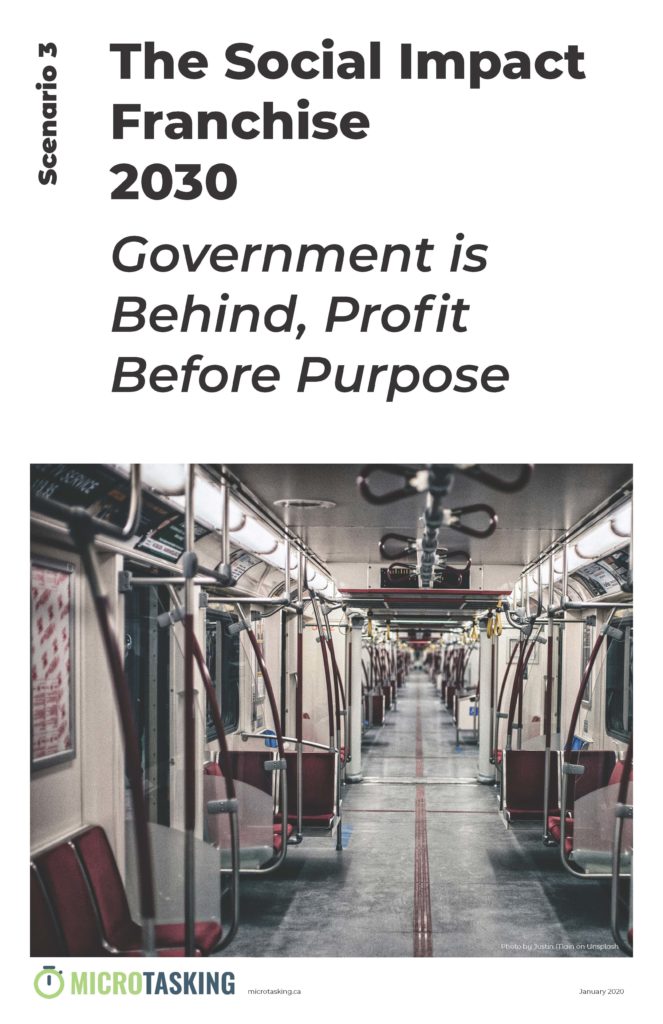
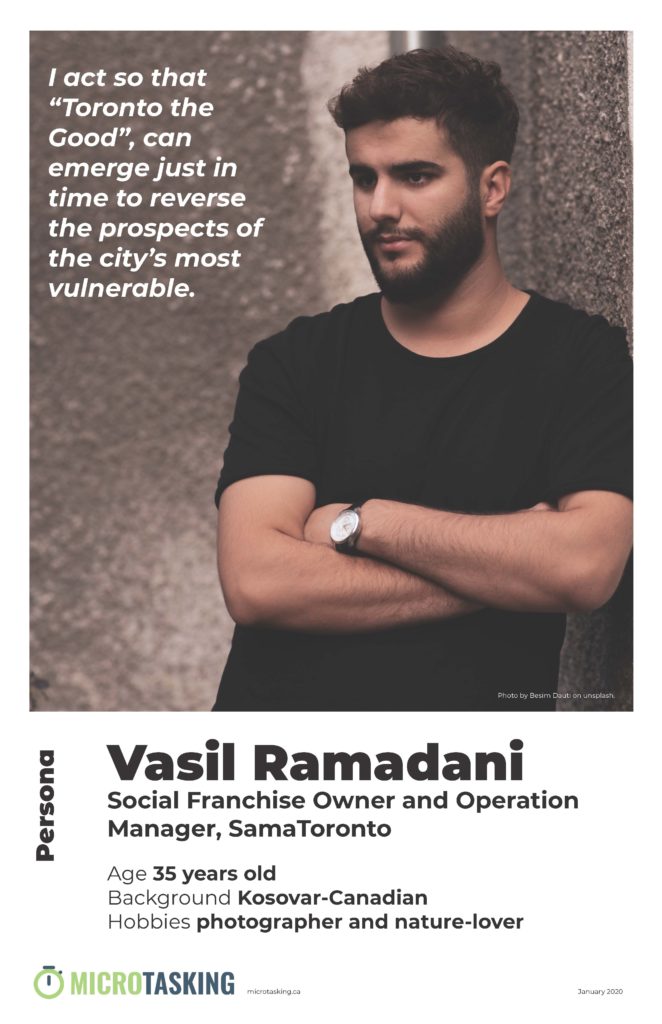
You can download the full set of eight posters from the project toolkit.
Photo used to represent Vasil by Besim Dauti on Unsplash.
Toronto rooftop photo by Warren Wong on Unsplash.
All scenarios
TORONTO 2030: TALES OF POLICY AND PROFIT
Persona 1: Robin Esposito
Scenario 2: Profitably Public
Persona 2: Alyx Lee
Scenario 3: The Social Impact Franchise
Persona 3: Vasil Ramadani
Scenario 4: Corporate Cooperativism
Persona 4: Dan Yoon
- Microworking in Toronto - February 21, 2020
- Kristy Milland: The state of microwork - February 10, 2020
- Scenario 3: The Social Impact Franchise - December 21, 2019

